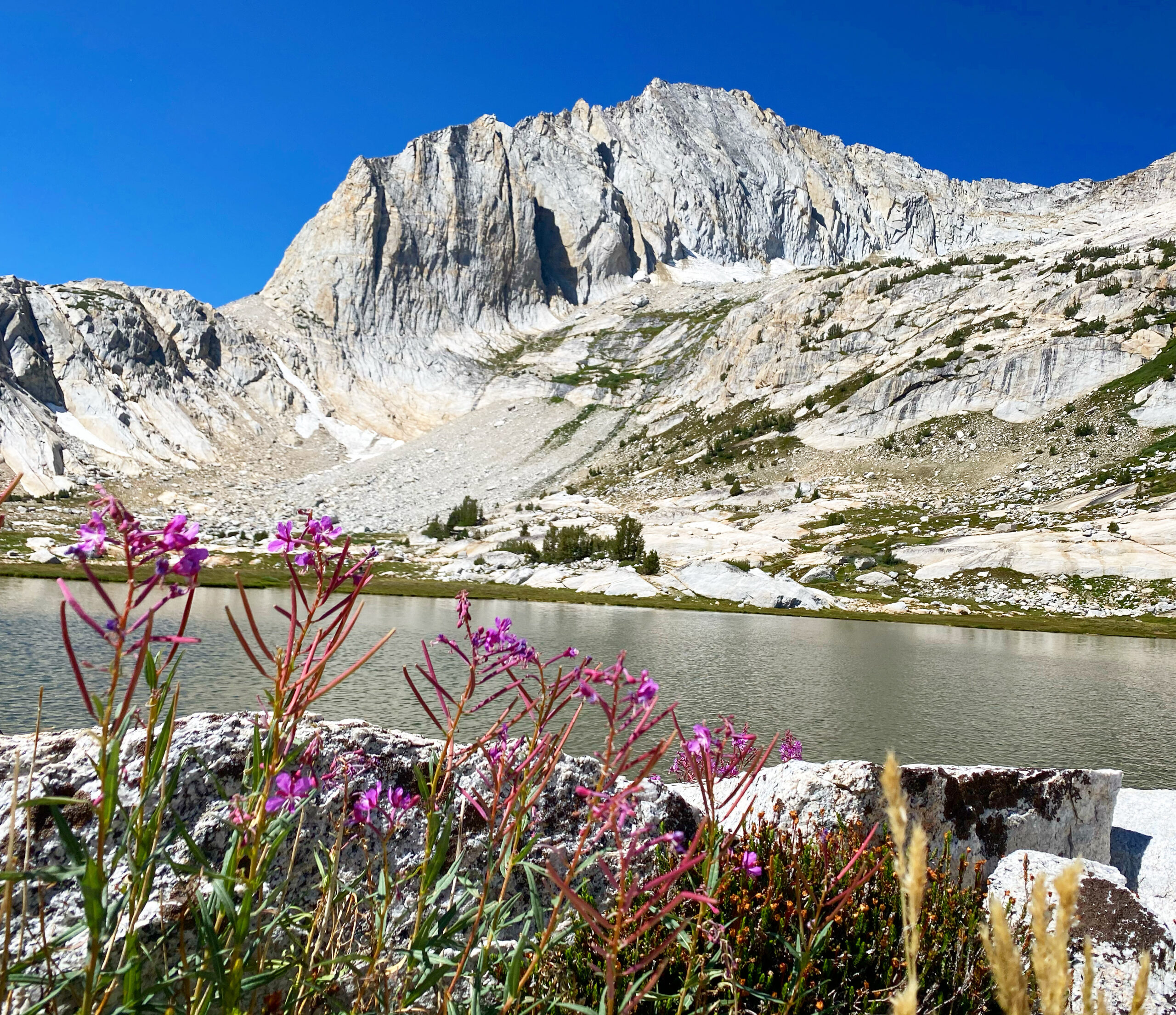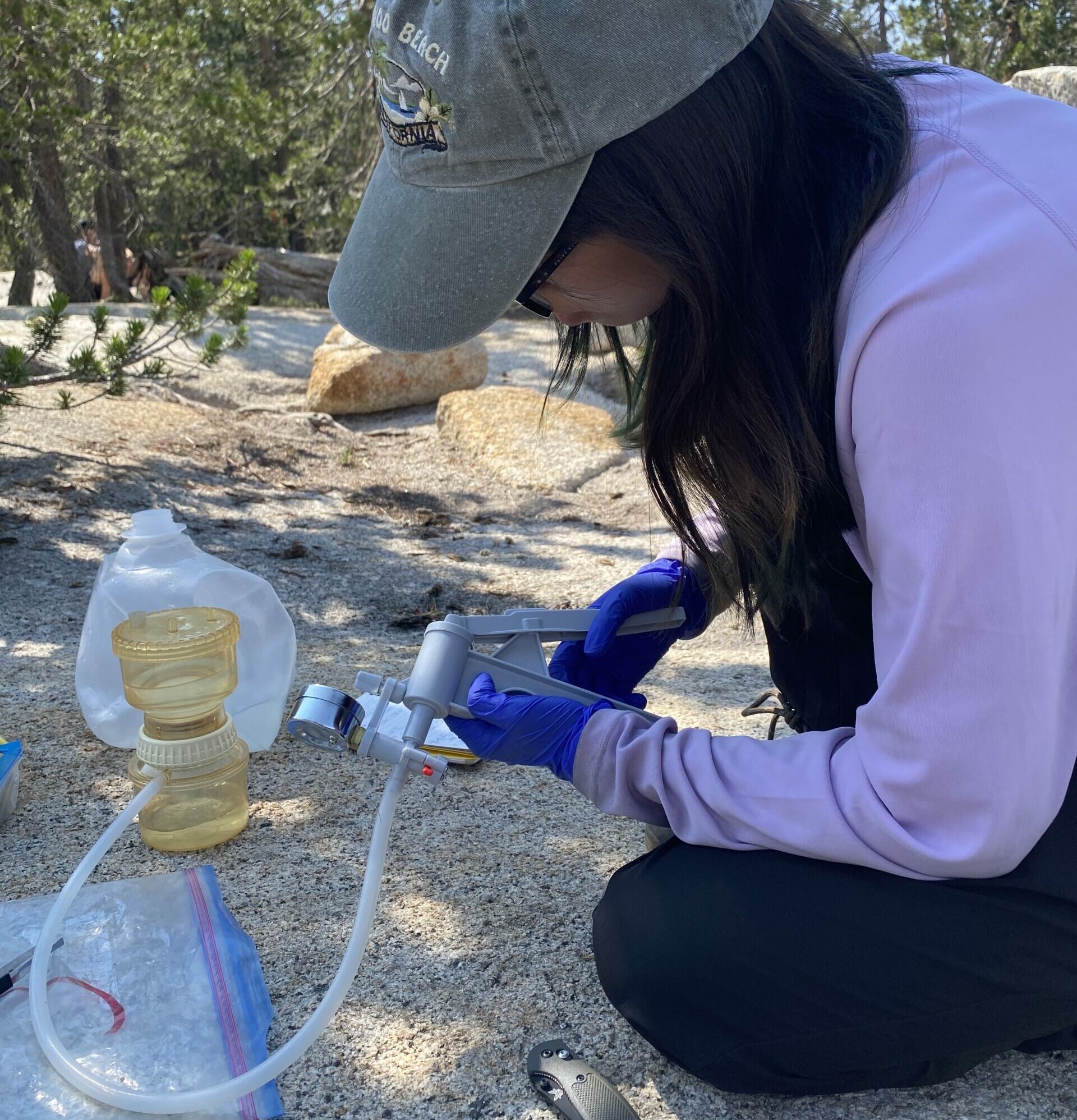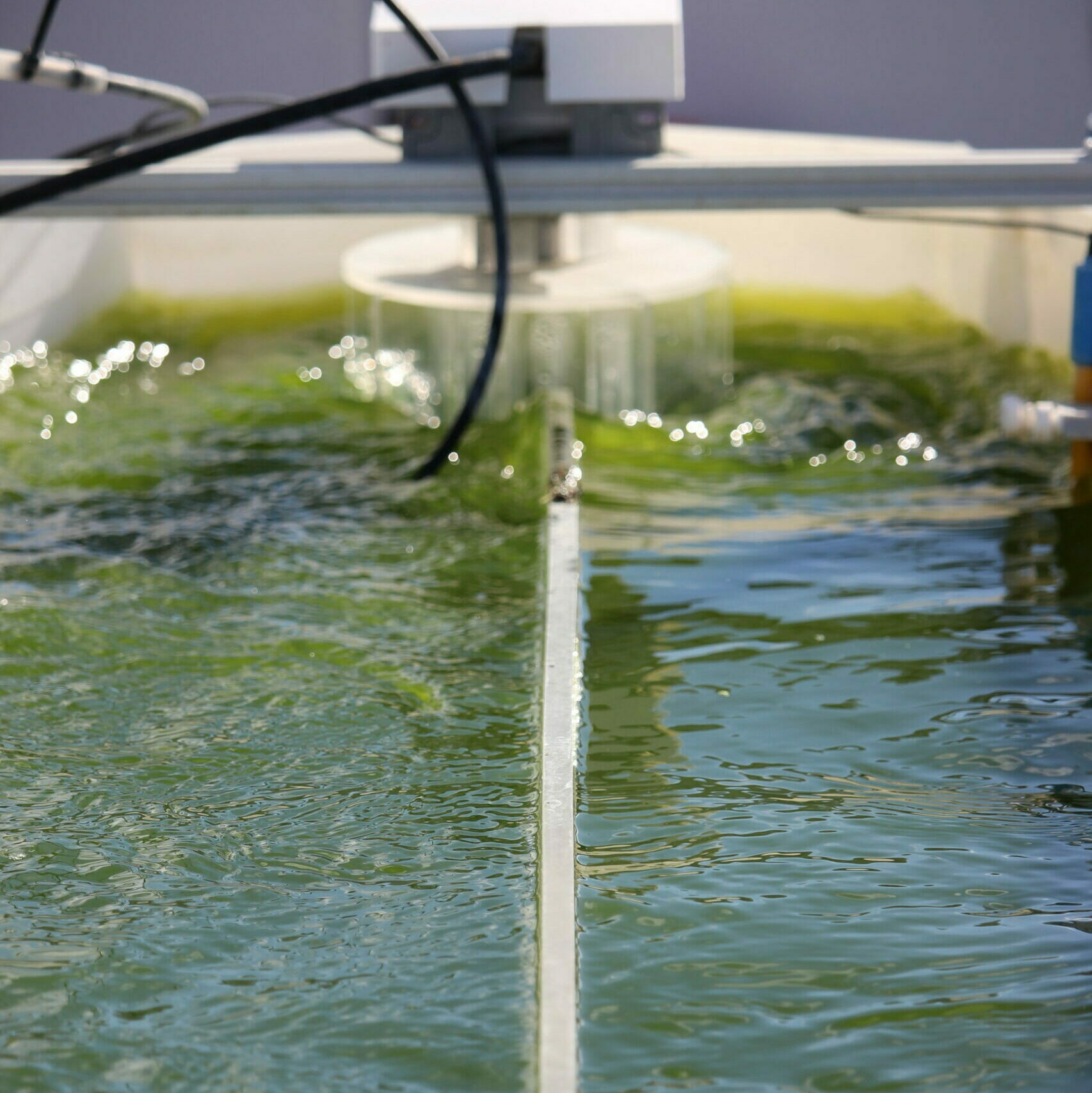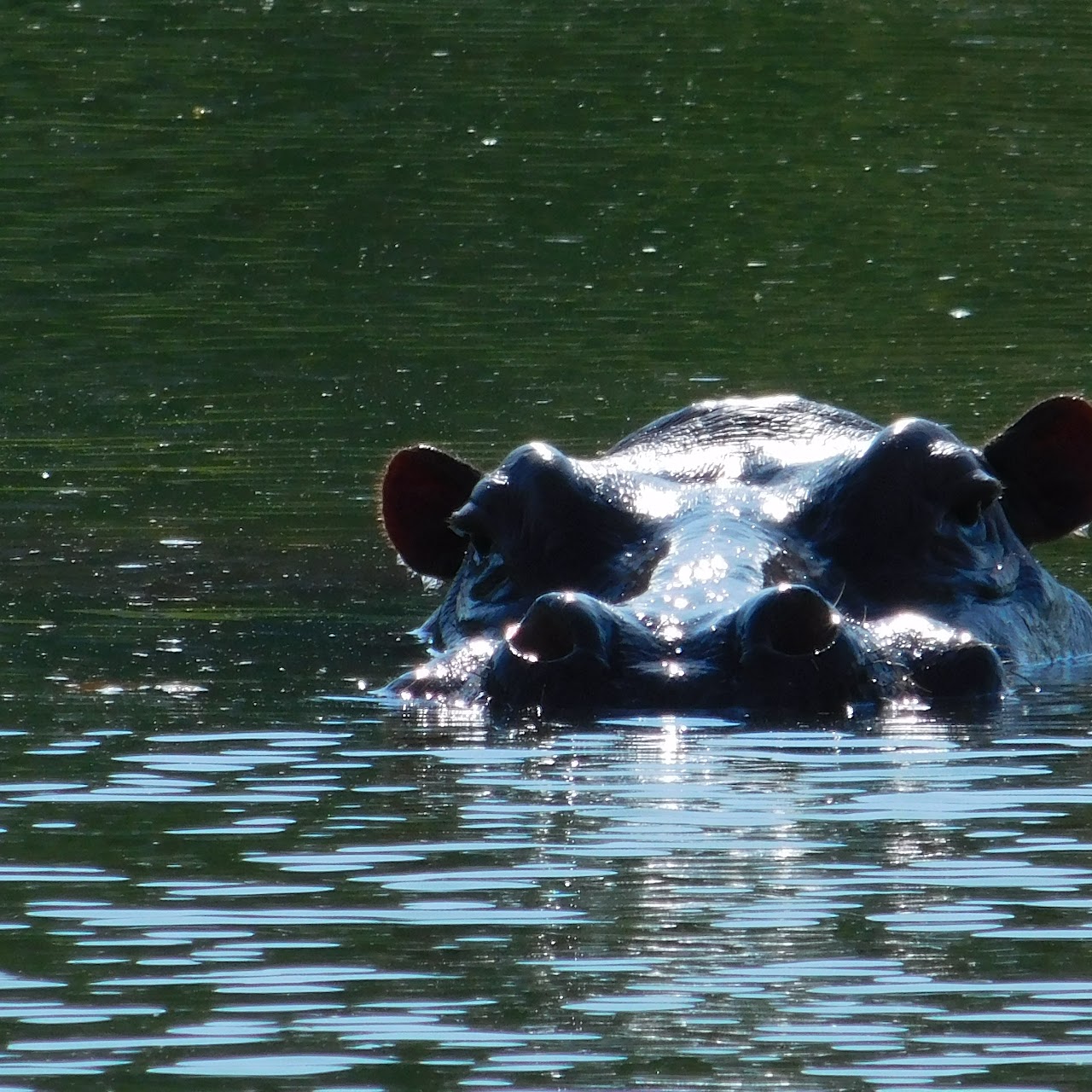Research in the Shurin Lab
Our lab aims to understand the environmental, ecological and evolutionary processes that shape the structure and function of ecosystems. Variability is everywhere you look in the natural world. Some places are green and lush, others barren. Some have more species than you could ever count, others just a few. Some are dominated by plants, others by animals. These contrasts matter tremendously for human welfare, and ecosystems can become degraded to the point where our health and well-being are impaired.

Climate and Ecosystem Disturbance
The relationship between climate and ecosystems is variable and contingent on local conditions like chemistry of the air, water or soil, or the introduction of exotic species or extirpation of natives. However, stable historical trends in climate that have shaped ecosystems and the evolution of species within them are being changes in the face of human-driven disturbances and global climate change. Our research focuses on the ecology of alpine lakes and how rapid (seasonal) and gradual (climatological) changes are shaping the ecology of aquatic ecosystems.
Microbiomes and
Environmental Microbiology
All organisms live in intimate association with microbes in and around their bodies and engage in interactions through exchange of materials that can benefit or harm host fitness. Our research asks how the microbial communities of prokaryotes and eukaryotes associate with host organisms (from microalgae to zooplankton to fish) are shaped by the environment, and how they affect ecological phenomena like population cycles and predator-prey interactions.


Algae Evolution and Biotechnology
Algae are the most productive photosynthetic organisms on earth and their ancient ancestors produced much of the fossil fuels we use. Algae generate natural products including essential dietary fatty acids and biofuels; however, evolution under cultivation may cause them to lose desirable traits or acquire new ones that may or may not be beneficial. Our lab is part of an interdisciplinary team working to understand how adaptation to different climates and assembly of unique microbial communities affect the traits and productivity of farmed algae.
Evolution and Species Invasion
Humans constantly reshape earth’s biogeography, extirpating some species while promoting the spread of others. The ecological and evolutionary processes driving the establishment of introduced species and the extirpation of native species are not well understood. Why do some species perform so well outside their native range whereas some species struggle to adapt to changing conditions within their own ecosystem? How do introduced species affect population, community, and food web ecology of the ecosystems they colonize? Our research seeks to answer these questions and to apply what we learn to species management and conservation.

